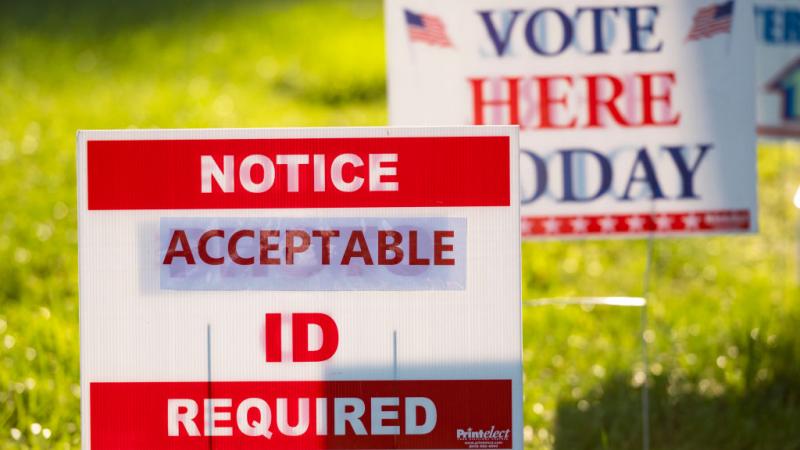NSA spent $100 million on surveillance program producing almost no unique information
Oversight board commends NSA for ceasing operations on costly program, but Trump administration wants option to restart
The National Security Agency spent $100 million from 2015 to 2019 on a program that analyzed logs of Americans’ phone calls and text messages but only twice yielded information new to the FBI, according to a recently declassified study.
The study, first reported by The New York Times, was generated by the federal Privacy and Civil Liberties Oversight Board, which on Tuesday briefed Congress about the findings.
The program was suspended in 2019. Among the purported problems were technical issues and telecommunications companies frequently transmitting more phone records than the NSA was legally allowed to receive.
Moreover, the program was a high-cost, low-yield endeavor that “consumed a lot of resources” and did not produce the “value anticipated,” Adam Klein, chairman of the oversight board, told The Times.
The USA Freedom Act of 2015 — the law that allowed the National Security Agency to operate the system — is set to expire on March 15 of this year.
Though the program had been shuttered, the Trump administration in August 2019 requested that Congress make the law permanent, to allow the agency to restart the program in the future.
The program date back to President George W. Bush’s post 9/11 decision to quietly unburden the NSA from some legal restrictions to allow the agency to collect citizens’ call records, as part of a counter-terrorism effort.















